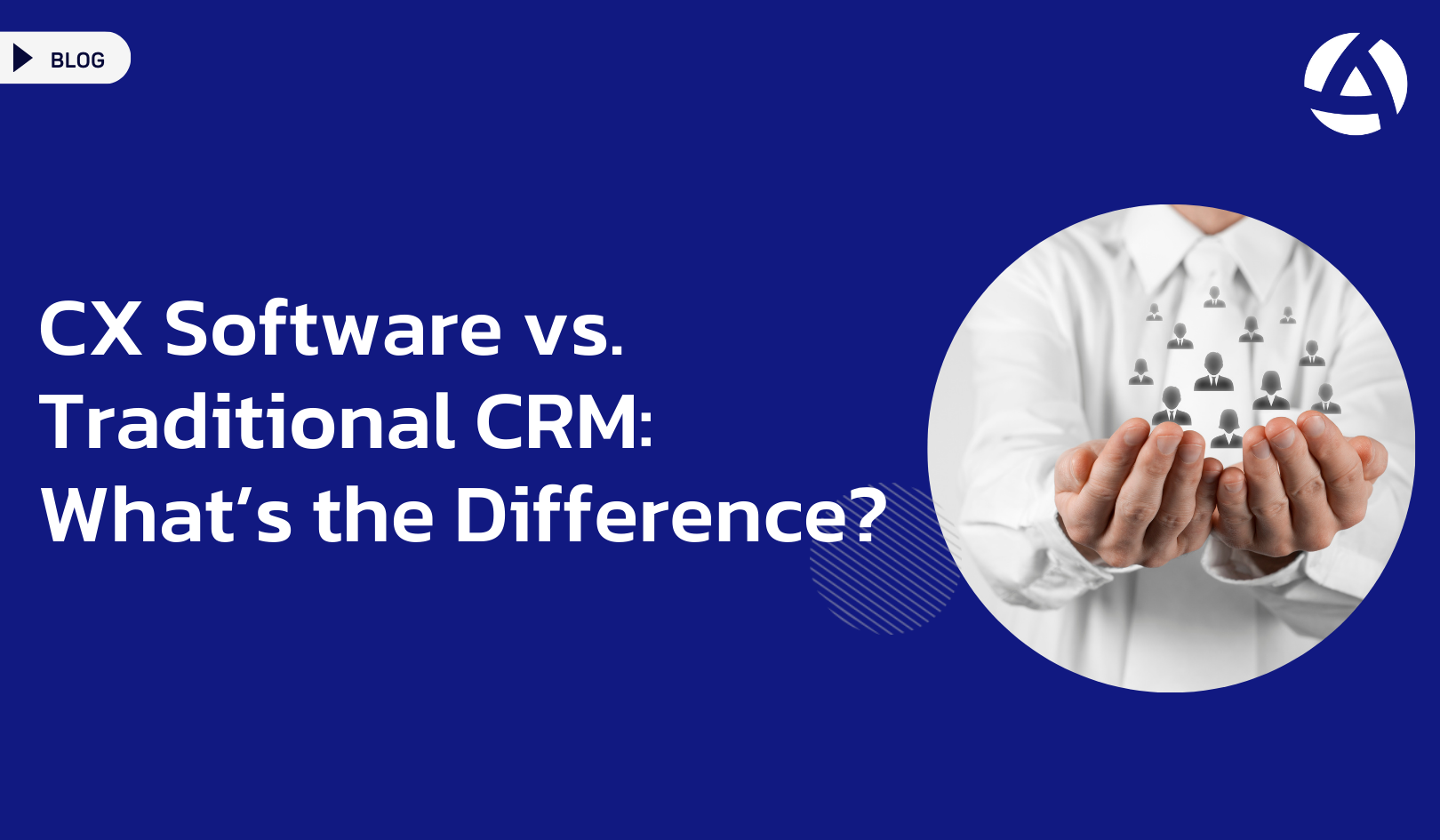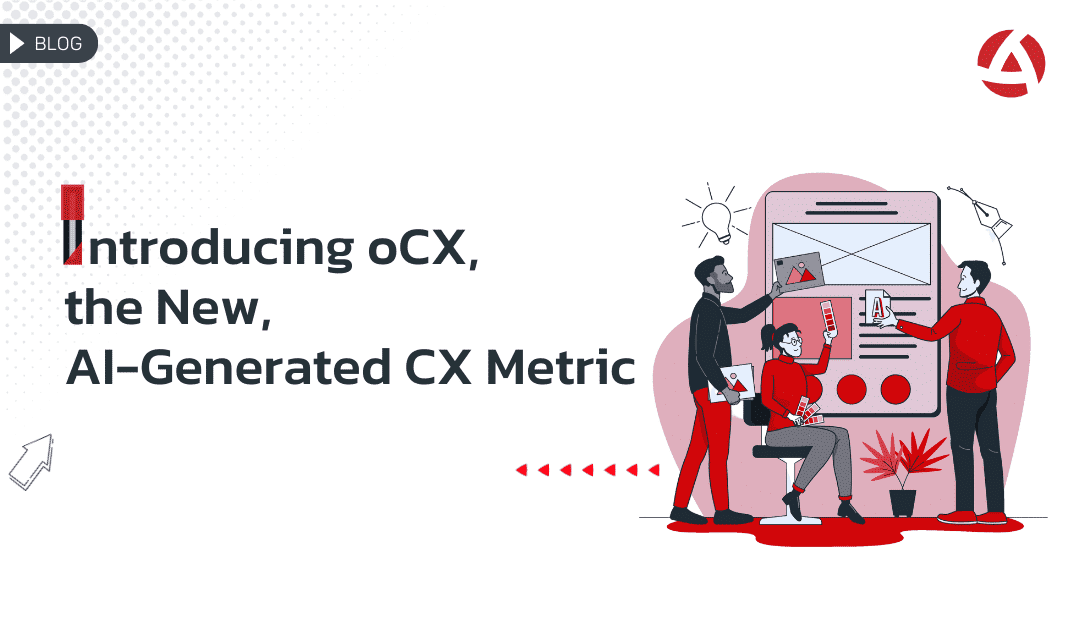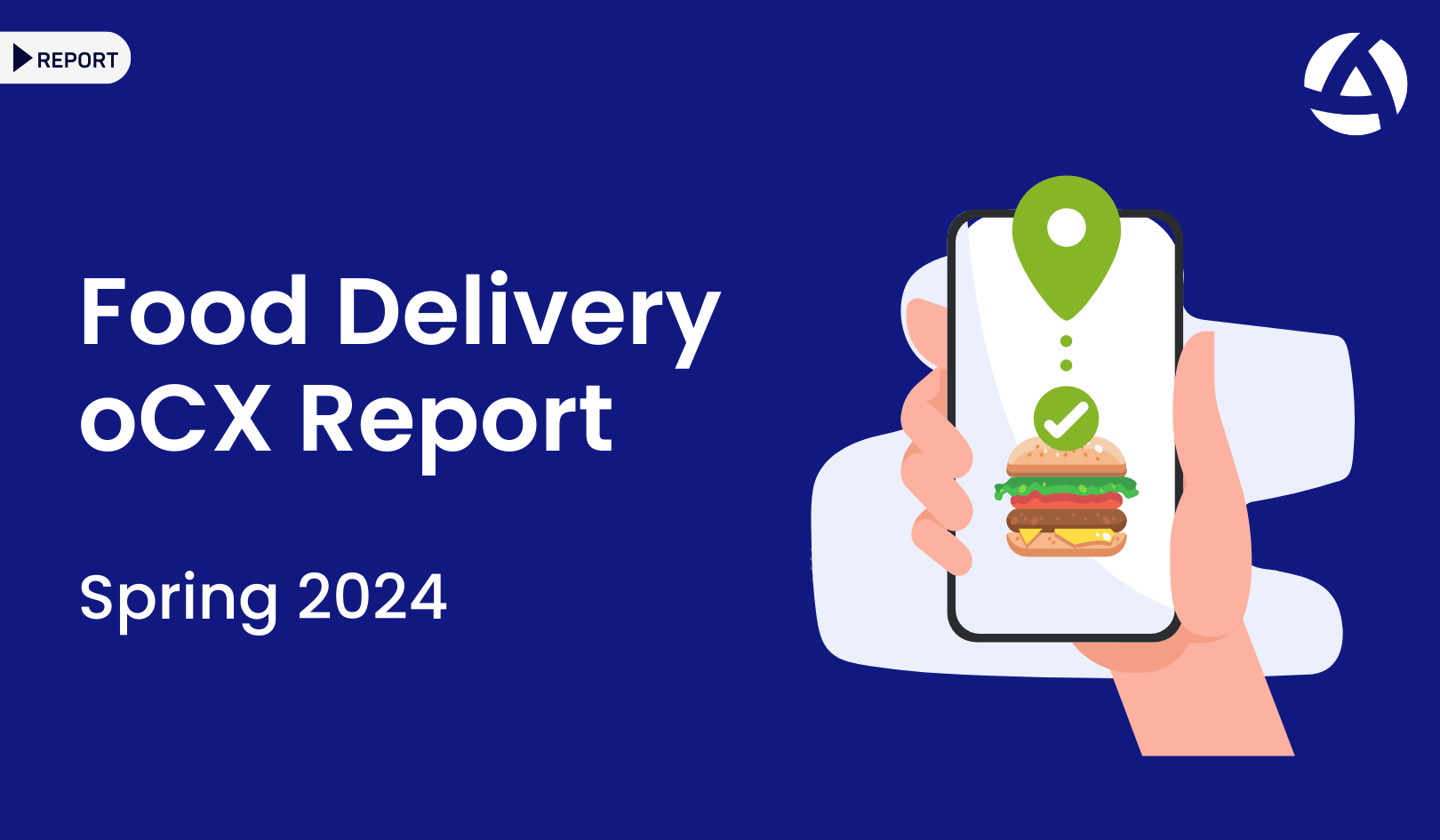In today’s business landscape, delivering exceptional customer experience (CX) is paramount. Companies are increasingly turning to CX software to meet the evolving needs of their customers. But how does CX software differ from traditional Customer Relationship Management (CRM) systems? Let’s examine the key distinctions and understand why CX software is becoming a critical tool for businesses.
Understanding CRM
Traditional CRM systems have long been the backbone of customer management. They are designed to manage a company’s interactions with current and potential customers. CRM systems typically focus on:
- Sales Management: Tracking sales opportunities, pipelines, and customer interactions.
- Contact Management: Storing customer contact details and histories.
- Marketing Automation: Running marketing campaigns and tracking their effectiveness.
- Customer Support: Managing support tickets and service requests.
CRMs provide a comprehensive database of customer information, helping businesses streamline their sales and marketing efforts. However, while CRM systems are excellent for managing customer data and interactions, they often fall short in capturing the full spectrum of customer experience. Salesforce and Hubspot are some of the most well-known CRMs.
What is a CX Software?
CX software, on the other hand, is specifically designed to enhance and manage the overall customer experience. It goes beyond the capabilities of traditional CRM by focusing on:
- Customer Feedback Management: Collecting, analyzing, and acting on customer feedback across multiple touchpoints.
- Sentiment Analysis: Understanding customer emotions and sentiments through advanced analytics.
- Journey Mapping: Visualizing and optimizing the customer journey to improve satisfaction and loyalty.
- Personalization: Delivering personalized experiences based on customer preferences and behaviors.
- Omnichannel Support: Ensuring a seamless customer experience across all channels, including social media, email, chat, and in-store interactions.
Key Differences Between CX Softwares and CRM
- Focus and Scope:
- CRM: Primarily focuses on managing customer data, sales processes, and marketing campaigns.
- CX Softwares: Centers on understanding and improving the entire customer experience, from initial contact to post-purchase support.
- Data Utilization:
- CRM: Uses data to track customer interactions and manage relationships.
- CX Softwares: Uses data to gain insights into customer sentiment, preferences, and journey stages to enhance the overall experience.
- Customer Feedback:
- CRM: May include basic feedback mechanisms but often lacks advanced analytics.
- CX Softwares: Provides robust feedback management tools, including real-time sentiment analysis and actionable insights.
- Personalization:
- CRM: Personalization is often limited to marketing campaigns and sales interactions.
- CX Softwares: Delivers personalized experiences across all customer touchpoints, based on comprehensive data analysis.
- Customer Journey Mapping:
- CRM: Does not typically include journey mapping features.
- CX Softwares: Offers detailed journey mapping to identify pain points and opportunities for improvement.
Why Your Business Needs CX Software
While traditional CRM systems remain valuable for managing customer relationships, integrating customer experience softwares can significantly enhance your ability to deliver exceptional customer experiences. By leveraging the advanced capabilities of customer experience softwares, businesses can:
- Improve Customer Satisfaction: Understand and address customer needs and pain points more effectively.
- Increase Loyalty and Retention: Build stronger, more personalized relationships with customers.
- Gain Competitive Advantage: Stay ahead of competitors by delivering superior customer experiences.
- Drive Business Growth: Enhance customer satisfaction and loyalty, leading to increased revenue and growth.
Conclusion
In the evolving landscape of customer experience management, CX software is emerging as a crucial tool for businesses. While traditional CRM systems remain essential for managing customer relationships, CX software provides the advanced capabilities needed to truly understand and enhance the customer experience. By integrating CX software into your business strategy, you can unlock new opportunities for growth and build lasting customer loyalty.
To learn more about CX softwares, you can check our blog The Cost-Benefit Analysis of Investing in a CX Software





